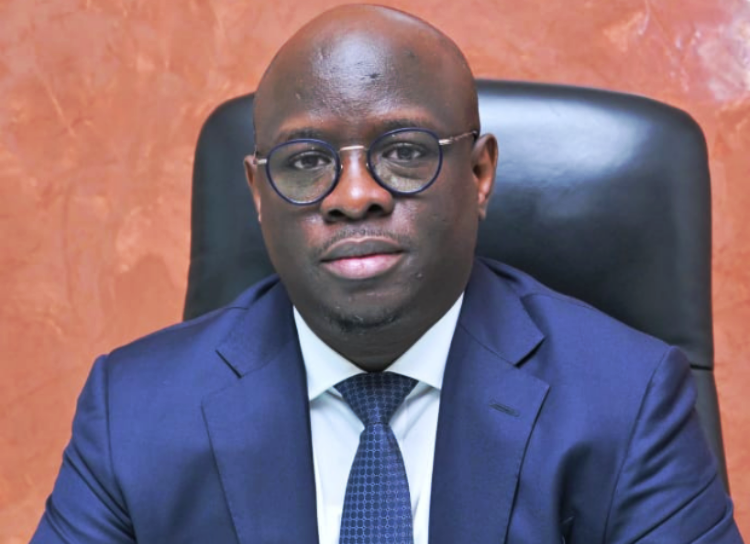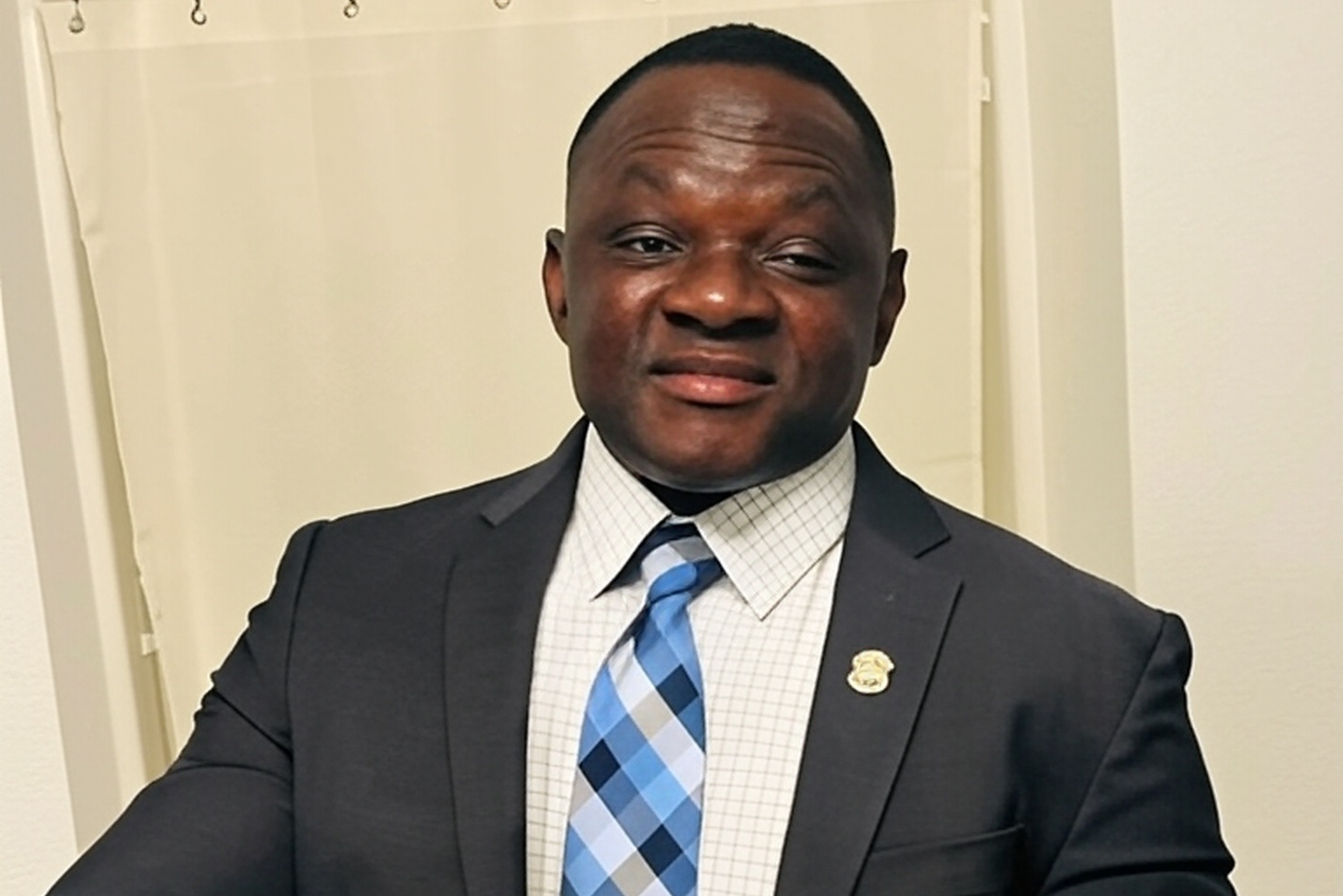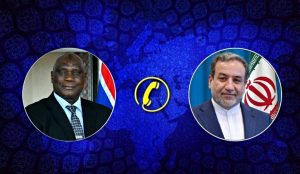Gambiaj.com – (Banjul, The Gambia) – The United Democratic Party (UDP), Gambia’s leading opposition force, is facing renewed internal debate over its 2026 presidential flagbearer, as voices within the diaspora openly challenge the party’s approach to leadership transition, tribal politics, and strategic direction.
A thought-provoking intervention by Nanama Keita, a vocal UDP militant based abroad, has reignited discussions about whether the party should move toward generational leadership or cling to its aging but iconic leader, Ousainou Darboe.
Keita’s lengthy and candid social media commentary addressed what he describes as the party’s “Talib dilemma”—a reference to popular Kanifing Municipality Mayor Talib Bensouda and Brikama Area Council Chairman Yankuba Darboe, both seen as rising stars in the UDP’s ranks.
In his analysis, Keita framed tribal politics not as a uniquely Gambian phenomenon but as a universal human instinct that shapes voting behavior even in mature democracies like the United States. He cited the Trump administration’s preferential treatment of white South African farmers as an example of identity-driven policy.
“In a simple majority system like ours, no group can win alone,” Keita argued, referencing 2024 census data that put Mandinkas at 34.4% of the population, Fulas at 25%, and Wolofs at 15.4%. “Only a fool would believe an exclusive Mandinka-based group can ever win a presidential election in Gambia.”
Keita’s message to the UDP’s so-called “far-right” faction was clear: without a broad-based, inclusive approach—and a leader who reflects that ethos—the party will lose in 2026. He further warned that skipping over Talib Bensouda in favor of Yankuba Darboe could be perceived as “Mandinka fassa” (exclusivity), undermining the party’s credibility with non-Mandinka voters.
He offered a strategic roadmap: front Talib Bensouda in 2026, strike an alliance with a party like the Gambia Democratic Congress (GDC), entrench presidential term limits, and set up Yankuba for succession in the 2030s. “UDP could govern for the next 100 years—if it evolves,” Keita claimed.
Supporting Keita’s position, another diaspora voice, Yunus Hydara, described Talib as “UDP and Gambia’s savior at the material time,” warning that tribal resistance to his candidacy would validate accusations long made by both Yahya Jammeh and President Adama Barrow: that UDP is a tribal party. “If UDP plays tribal cards, the party will shrink and be fit only for opposition forever,” Hydara warned.
However, not all responses were fully supportive of Talib’s silent ascendancy. US-based businessman Alhasan Alex Darboe raised questions about the mayor’s long-term intentions, interpreting his philanthropic and political engagements across Gambia and Senegal as signs of presidential ambition.
“Talib is moving like a man with presidential ambitions,” Darboe observed, suggesting that the party faces an awkward standoff: either Darboe officially steps aside, or Talib openly declares his intention to lead. “We don’t need a PhD in politics to see it. Talib wants to run in 2026 but doesn’t want to be seen to be pushing out our good old man.”
This internal conversation highlights the growing tension between loyalty to UDP’s founding father and the urgency for generational change in a political climate ripe for a youthful, policy-driven campaign.
With President Barrow’s popularity waning and the economy faltering, many within the UDP believe 2026 may present the best opportunity in two decades to take the presidency—if the party can present a united front.
Yet, the silence from the UDP executive leadership remains deafening. Ousainou Darboe has not publicly indicated any intention to retire or endorse a successor. In the absence of clear signals, speculation and internal friction are filling the vacuum, with diaspora voices taking the lead in framing the debate.
If unresolved, this leadership ambiguity risks splitting the party’s base ahead of a potentially historic election. As Keita himself concluded, “A political party can never grow by stubbornly clinging to its original form and refusing to evolve with the times.”
Whether the UDP will choose continuity or change in 2026 remains to be seen—but what is clear is that the battle lines are being drawn, not just in Gambia, but in the diaspora as well.










